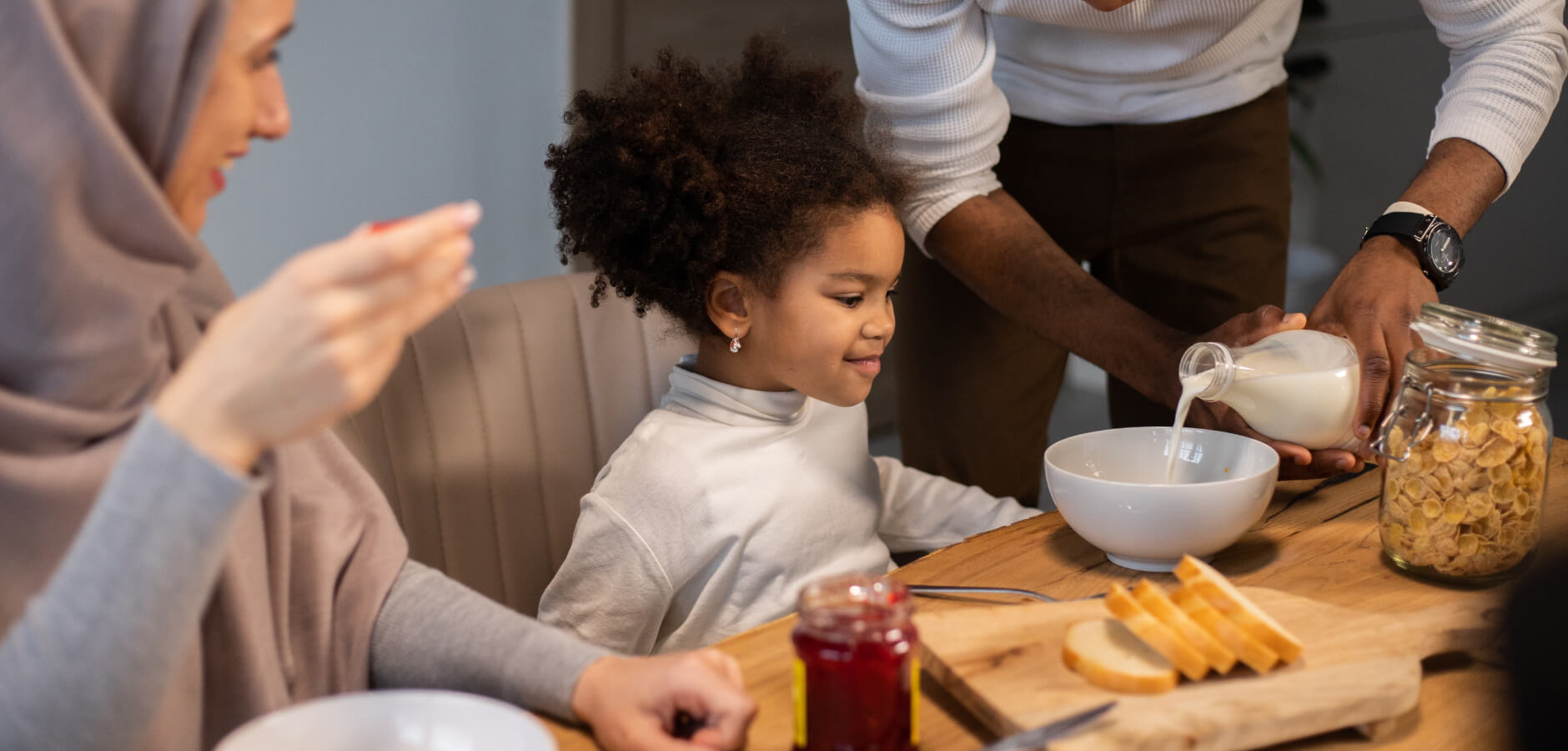Rye bread, toasted, butter, jam, outside, on the porch, mornings, but not weekends, reading, listening, brushing teeth, drop the kids at school, head to work.
Somewhere in the world, this is someone’s routine. At any given moment, they can choose differently; use brown bread instead of rye or try cheese instead of jam. The act of trying something new is an act of disobedience. It's a small one, but still a gesture of rebelling against an old routine.
However, we normally stick to routines because it simplifies life.
This is true on a macro level as well. We choose to obey authority because we have values, want to blend into society, or whatever. Either way, it keeps the world order in routine.
The Enlightenment was different. If humans continued to obey authority and the cultural norms of their time, the scientific revolution might not have happened for another century. But disobedience broke the great monotony of time and started the beginning of rapid progress.
David Deutsch says it well, “Disobedience is man's original virtue.” Fundamentally, without disobedience, we can’t have creativity, and without creativity we can’t make progress.
It’s a bit sticky: Zero tolerance leads to a static society, but too much of it leads to chaos. Both can cause societal collapse. Or, as the historian Eugen Rosenstock-Huessy explained: “Every form of civilization is a wise equilibrium between firm substructure and soaring liberty.” Or simply, all civilisations move on a spectrum between absolute obedience and complete anarchy.
Which brings us to raising kids.
"Obeying the rules" is a subtle undertone in society. Our system is built on not breaking the rules, and, in turn, rewarded with gold stars and treats for good behaviour. This is how most children grow up to become adults (which, by the way, is perfect for how most work environments operate today).
We can’t have creativity and progress without disobedience but if our future depends on it, why do we tolerate so little of it? There’s a lot to it, but disobedience has a bad vibe to it. Adults don’t want to be labelled as the ones with disobedient kids.
But here’s another take on it, though: I’ll bet that most adults who don't want disobedient children desire smart, creative, and independent thinkers. Although, this is only possible by 1) allowing children to ask challenging questions and 2) stopping authoritative “Because I say so” responses.
Conjectures naturally arise and give way to refutations, leading to better explanations and better decisions. And so we end up choosing differently; cheese instead of jam.
Disobedience makes us human. It enables us to choose differently. How we do it, has the potential for better explanations, deeper friendships with our kids, happier families and a brighter future.
To my sons, Arlo and Micah.
